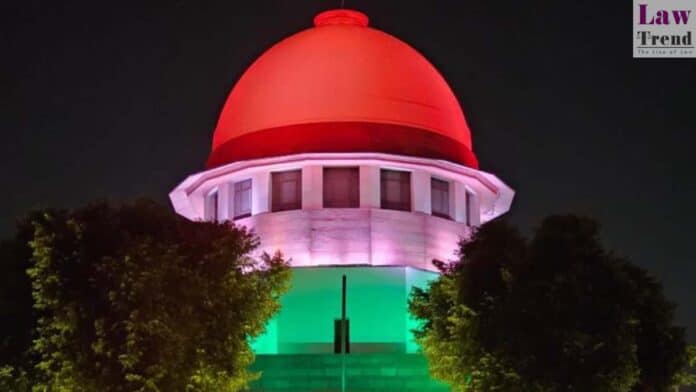The Supreme Court on Monday extended its earlier order staying criminal proceedings initiated against Tamil Nadu BJP President K. Annamalai, who, in an interview on a YouTube channel in October 2022, claimed that it was a Christian NGO that had first filed a case to ban the use of crackers during Diwali.
Posting the matter for further hearing in September, a bench, headed by Justice Sanjiv Khanna, asked complainant V. Piyush, the social activist who had instituted the case before the magistrate’s court in Tamil Nadu’s Salem, to file his reply to Annamalai’s petition within a period of six weeks.
The bench, also comprising Justice Dipankar Datta, clarified that the interim order staying further proceedings pending before the trial court will continue till the next date of listing.
The top court in February this year issued notice on Annamalai’s plea, observing that prima facie, no case of hate speech was made out against him.
Earlier, the Madras High Court dismissed the petition filed by the BJP leader seeking quashing of the criminal case.
A bench of Justice Anand Venkatesh observed that the interview of Annamalai disclosed a divisive intent on the part of the petitioner to project that a Christian NGO was acting against Hindu culture.
Also Read
Annamalai had given an interview to a YouTube channel on October 22, 2022, just two days before Diwali that year, alleging that it was a Christian NGO that had first filed a case to ban the use of crackers during the festival. In his petition, the complainant alleged that the BJP leader had deliberately fanned communal hatred by “lying” that it was a missionary NGO that filed a case against bursting crackers during Diwali celebrations. The Salem magistrate court had taken cognisance of the complaint and issued notice to Annamalai against which he had moved the Madras High Court.




